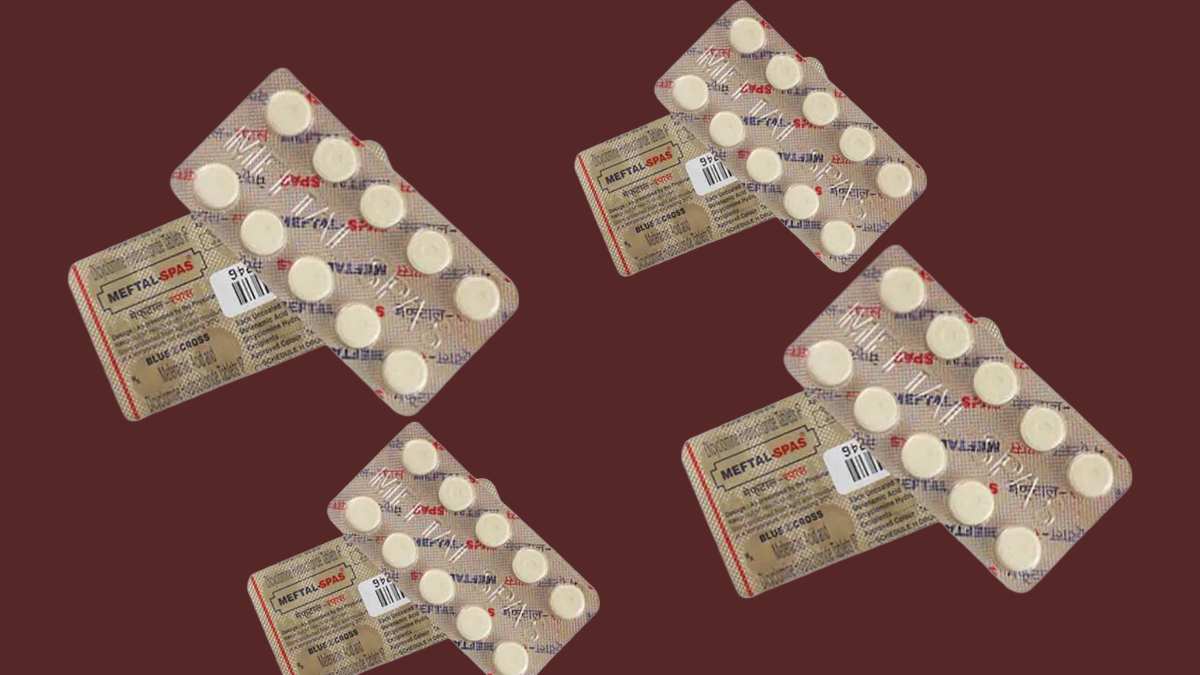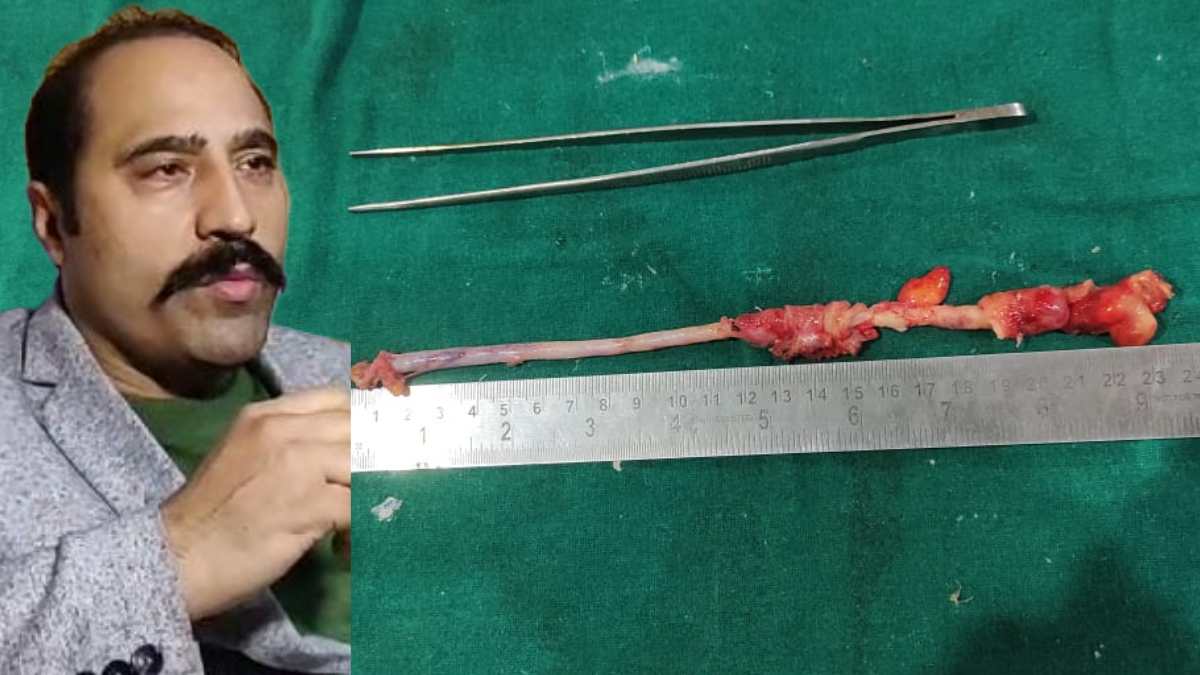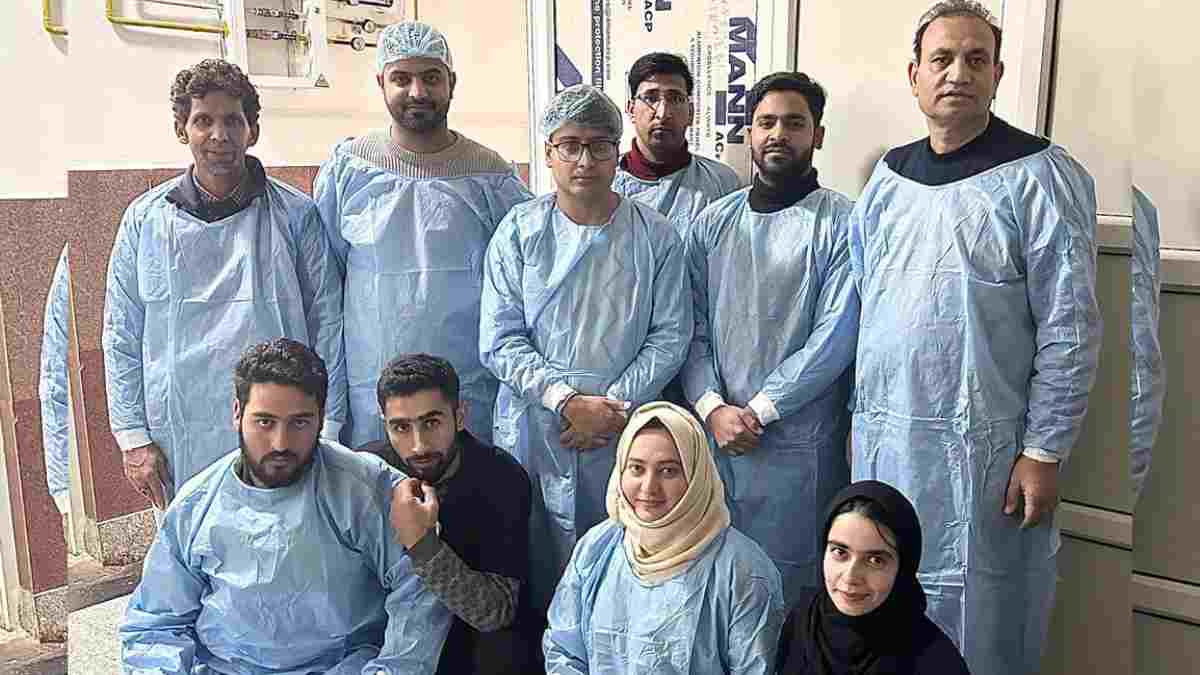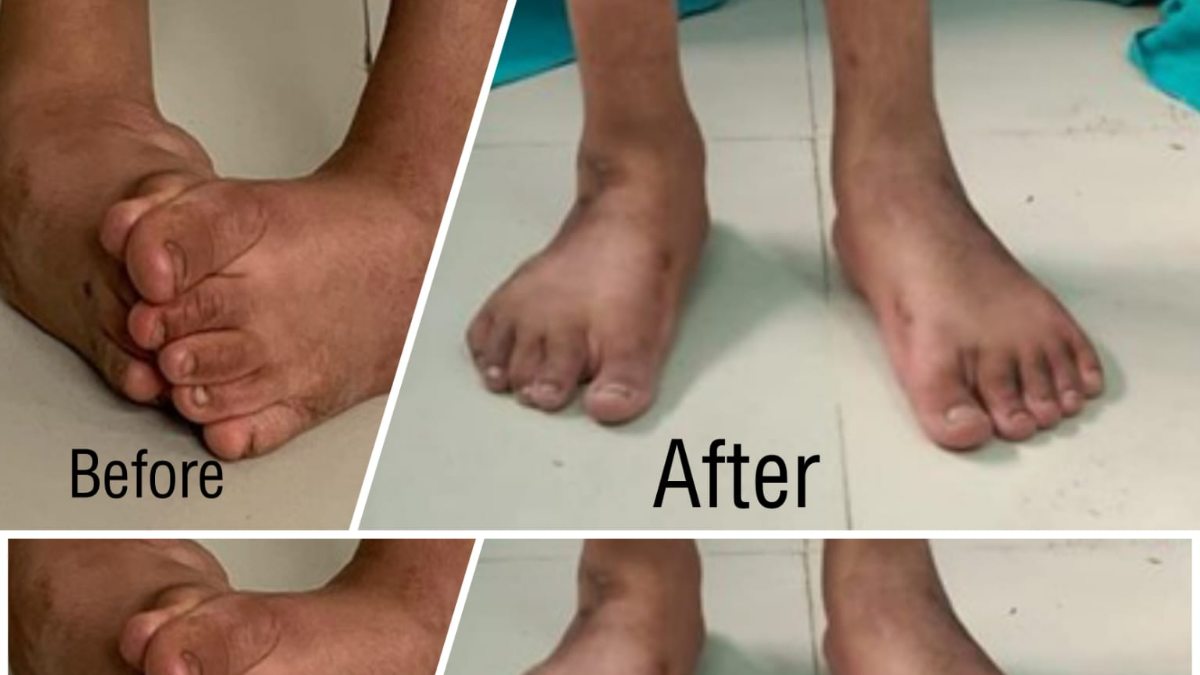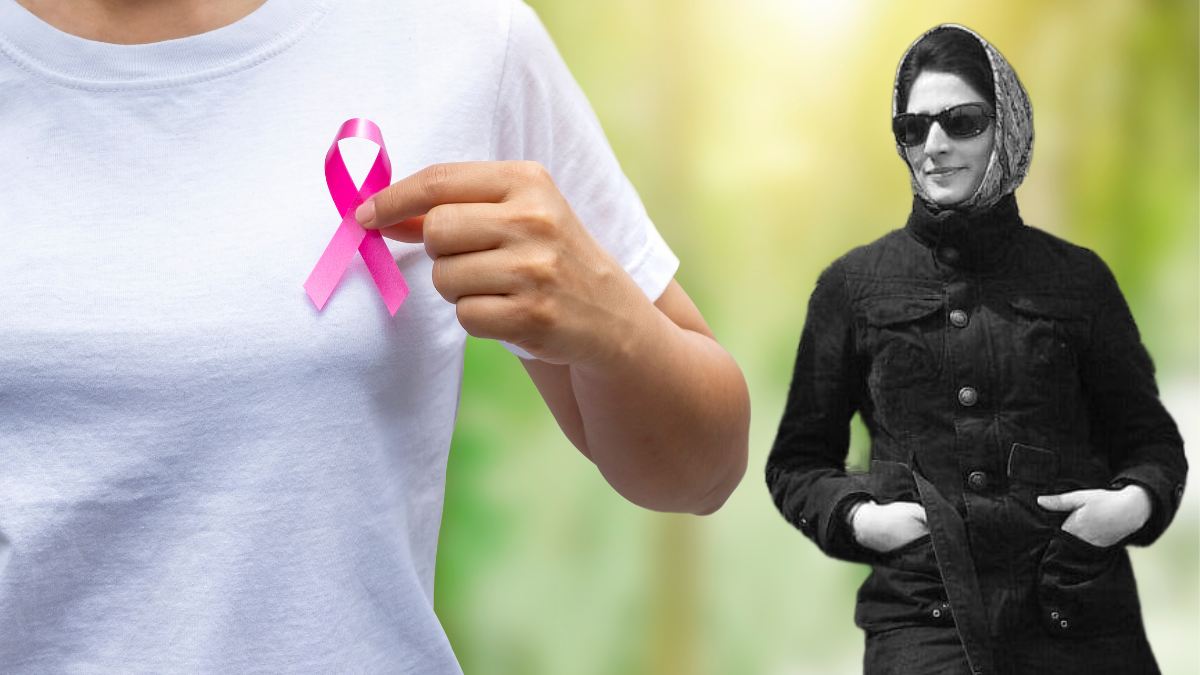Srinagar, Dec 24: Face masks reduce the risk of spreading large respiratory droplets when speaking or coughing by up to 99.9%, according to a lab experiment with mechanical mannequins and human subjects, researchers said Wednesday.
A woman standing two metres (yards) from a coughing man without a mask will be exposed to 10,000 times more such droplets than if he were wearing one, even if he is only 50 centimetres away, they reported in the journal Royal Society Open Science.
“There is no more doubt whatsoever that face masks can dramatically reduce the dispersion of potentially virus-laden droplets,” senior author Ignazio Maria Viola, an expert in applied fluid dynamics at the University of Edinburgh’s School of Engineering, told AFP.
Large respiratory droplets—which act like projectiles before being pulled toward the ground by gravity—are thought to be the main driver of SARS-CoV-2 transmission, he noted.





